抽象与移情
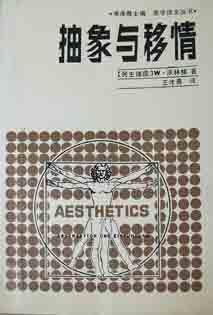
作者简介:
Wilhelm Worringer (* 1881 in Aachen; † 1965 in Munich) was a German art historian. He is known in connection with expressionism. Through his influence on T. E. Hulme his ideas had an effect on early British modernism, especially vorticism. His best-known work is Abstraction and Empathy, his doctoral thesis. In it he argued that there were two main kinds of art: art of "abstraction" (which was associated with a more 'primitive' world view) and art of "empathy" (which was associated with realism in the broadest sense of the word, and applied to European art since the Renaissance). W. 沃林格是一位德国的艺术史学家。他知名于表现主义。经由他对T.E.Hulme的影响他的思想对于英国的现代主义具有一定影响,尤其是漩涡主义(英国绘画的一种流派,受立体主义和未来主义的影响,偏好机器样的形式)。他最著名的作品是他的博士论文,抽象与移情。其中提出了艺术的两种主要类型:"抽象"的艺术(与一种更"原始的"世界观相关)和"移情"的艺术(与最广义的现实主义相关,实现于文艺复兴以来的欧洲艺术)。 Worringer was influential because he saw abstract art (for example, Islamic art) as being in no way inferior to "realist" art, and worthy of respect in its own right. This was critical justification for the increased use of abstraction in pre-war European art. Worringer coined the term Expressionism. He taught at the University of Bonn, where Heinrich Lützeler was one of his students. 沃林格的影响力是因为他认为抽象艺术(例如,伊斯兰艺术)并不在任何一方面比"现实主义"的艺术低级,应该给予它应有的尊重。这对于战前欧洲艺术的增长中的抽象运用是一种很重要的辩护。沃林格创造了"表现主义"这个词汇。他在波恩大学教书,Heinrich Lützeler是他的学生。 He posited a direct relationship between the perception of art and the individual. His claim that "We sense ourselves in the forms of a work of art" led to a formula, "The aesthetic sense is an objectivized sense of the self." He also stated, "Just as the desire for empathy as the basis for aesthetic experience finds satisfaction in organic beauty, so the desire for abstraction finds its beauty in the life-renouncing inorganic, in the crystalline, in a word, in all abstract regularity and necessity."[1] 他假设在个体和对艺术的认知之间的一种直接关系。指出"我们在一种艺术作品的形式中感受我们自己" 导出,"美感是是自身物化的感觉"。他还表明,“正如移情欲求作为审美体验的基础在有机美中获得满足一样,抽象欲求在拒绝生命的非有机形式中获得满足,比如水晶,一个词语,和所有的抽象规则与必要物。” His work was widely discussed and influenced Klee amongst others. He is credited by philosopher Gilles Deleuze in A Thousand Plateaus as being the first person to see abstraction 'as the very beginning of art or the first expression of an artistic will. At the time his Egyptian Art was published by G.P. Putnam's Sons Ltd, the Sphinx of Gizeh had been recently restored. 他的理论被广泛讨论并影响到Klee等人。哲学家Gilles Deleuze在A Thousand Plateaus书中盛赞他是第一个将抽象看作是艺术的最初形式或艺术意志的最初表达的人。 //Joan译自维基百科
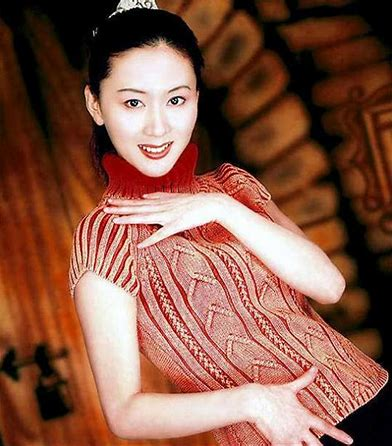
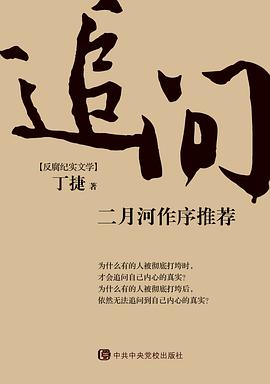
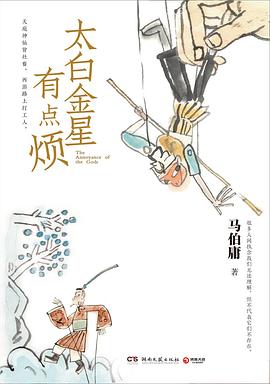
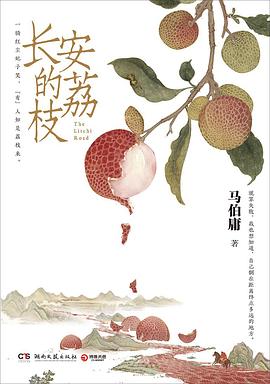
评论